Given,
Base* p = Derived[4];
the C++11 Standard makes
delete [] p;
to be undefined behavior.
5.3.5 Delete
...
2 ... In the second alternative (delete array) if the dynamic type of the object to be deleted differs from its static type, the behavior is undefined.
From a memory layout point of view, it also makes sense why delete [] p; will result in undefined behavior.
If sizeof(Derived) is N, new Derived[4] allocates memory that will be something like:
+--------+--------+--------+--------+
| N | N | N | N |
+--------+--------+--------+--------+
In general, sizeof(Base) <= sizeof(Derived). In your case, sizeof(Base) < sizeof(Derived) since Derived has an additional member variable.
When you use:
Base* p = new Derived[4];
you have:
p
|
V
+--------+--------+--------+--------+
| N | N | N | N |
+--------+--------+--------+--------+
p+1 points to someplace in the middle of the first object since sizeof(Base) < sizeof(Derived).
p+1
|
V
+--------+--------+--------+--------+
| N | N | N | N |
+--------+--------+--------+--------+
When the destructor is called on p+1, the pointer does not point to the start of an object. Hence, the program exhibits symptoms of undefined behavior.
A Related Problem
Due to the differences in sizes of Base and Derived, you cannot iterate over the elements of the dynamically allocated array using p.
for ( int i = 0; i < 4; ++i )
{
// Do something with p[i]
// will not work since p+i does not necessary point to an object
// boundary.
}

